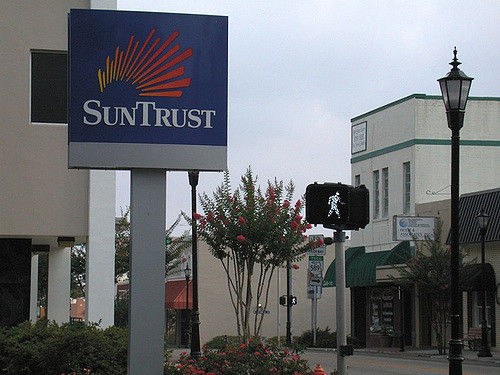
During the “SEC Speaks” Conference 2017, Acting U.S. Securities and Exchange Commission Chair Michael Piwowar amply discussed the plight of the “forgotten investor.” Citing the work of sociologist William Graham Sumner, who spoke of The Forgotten Man, “the victim of the reformer, social speculator, and philanthropist,” Piwowar questioned disclosure requirements, high corporate penalties and accreditation rules, which, he believes, have had a negative impact on lower-income investors.
“Imagine,” Piwowar said in his speech, “that we lived in a utopian world in which perfect disclosure of all material information about every company simply existed as a natural feature of the market landscape. Securities markets would be perfectly efficient… Investors would have just what they need… to make perfectly informed investment decisions.”
The Acting SEC Chair focused on the problems of disclosure, stating that the “forgotten investor” seldom has all the relevant information in hand in order to make those decisions. He compared lower-income investors to Graham Sumner’s “Forgotten Man,” who “works, he votes… he always pays… All the burdens fall on him, or on her.”

 FINRA Lawyer Blog
FINRA Lawyer Blog










